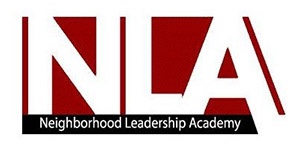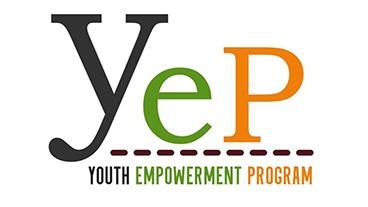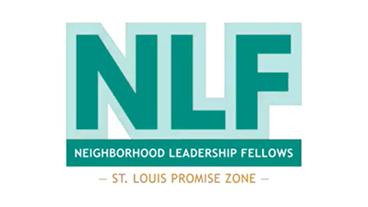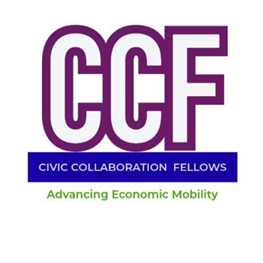Leadership is crucial to civic muscle because it helps communities move from intention to action—especially in times of complexity, conflict, or change. Leadership activates, guides, and sustains the collective work that civic muscle requires.
Trust in Community Leaders*
North Central Regional Center for Rural Development, 2024
When leaders are trusted, community members feel safer voicing opinions, concerns, or feedback. Communities with high trust in local leaders are more willing to follow, participate, and support decisions — even during uncertainty or change. When trust is low, people may question whether local leaders truly represent their interests. People are far less likely to attend meetings, volunteer, or get involved in community initiatives if they don’t trust local leaders.
*Note: Data values for this indicator are based on regional estimates (state and metropolitan/micropolitan/rural status). County-specific estimates are not available.
Trust in Local Police*
North Central Regional Center for Rural Development, 2024
Trust in local police is important because it directly affects public safety, civic cooperation, and the overall health of community relationships. Trust allows police and community members to work together on preventing crime, addressing root causes, and resolving conflicts peacefully. Low trust in police can create fear, disengagement, or retaliation.
*Note: Data values for this indicator are based on regional estimates (state and metropolitan/micropolitan/rural status). County-specific estimates are not available.
Trust in Community Members*
North Central Regional Center for Rural Development, 2024
When community members trust one another, it allows people to work together more easily and strengthens community leadership. Community members who feel trusted are more likely to speak honestly, share concerns, and offer feedback. If community members don’t trust each other, they may also distrust anyone in a leadership role.
*Note: Data values for this indicator are based on regional estimates (state and metropolitan/micropolitan/rural status). County-specific estimates are not available.

Neighborhood Leadership Academy
The mission of Neighborhood Leadership Fellows (NLF) is to increase and amplify the voices of North St. Louis City and County residents at the civic decision-making tables in order to produce more equitable regional policies for neighborhoods.

Youth Empowerment Program
Youth Empowerment Program (YEP) is a cohort for teens in high school that focuses on learning leadership skills, public speaking, and community engagement. The program has tier one scholars (first years) and tier two scholars (second year).

Neighborhood Leadership Fellows
The mission of Neighborhood Leadership Fellows (NLF) is to increase and amplify the voices of North St. Louis City and County residents at the civic decision-making tables in order to produce more equitable regional policies for neighborhoods.

Civic Collaboration Fellows
Civic Collaboration Fellows (CCF) is an advanced leadership capacity building fellowship focused on learning with and from resilient communities nationally. Fellows will expand their civic infrastructure and economic mobility knowledge, build critical civic networks, and foster effective collaborative regional leadership by learning from innovative cities that have faced similar challenges.
